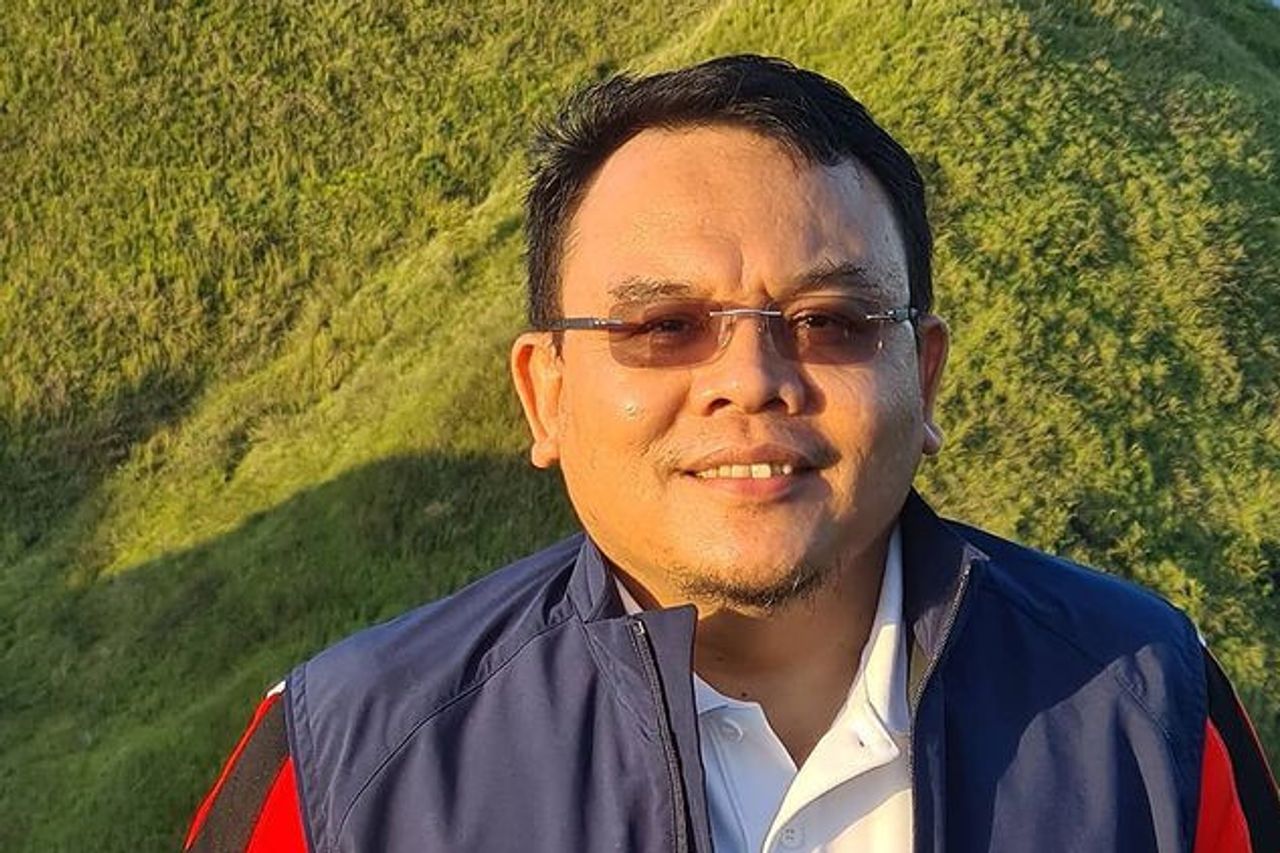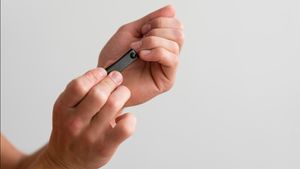PPKM Level 4 Extended, PAN: The President Has Evaluated, But Changes Are Very Slow

JAKARTA - Chairman of the PAN faction of the DPR RI, Saleh Partaonan Daulay, said President Joko had evaluated the implementation of PPKM level 4 which had been carried out until August 2.
As stated by the President, that there has been a decrease in the number of people exposed to COVID-19, a decrease in hospital occupancy rates, an increase in recovering people and a decrease in the number of people who died.
"That's the government's evaluation. However, it should be noted that the changes are still very slow. The amount is not too significant," said Saleh from a statement received by VOI, Tuesday, August 3.
"Therefore, the movement of COVID-19 transmission is still threatening. Moreover, new variants have also spread. Many have been found in regions," he continued. At least, said Saleh, to ensure that the community members keep themselves from attending and creating crowds.
"Contagion must be avoided and anticipated. The key is the discipline of citizens in implementing health protocols," said Saleh. At the very least, said Saleh, efforts must be made to ensure that the community is obedient and obedient to all the rules that are applied.
"Discipline enforcement must be carried out firmly in humanist ways. A persuasive and participatory approach is needed from all members of the community," said the North Sumatran legislator.
In addition, Saleh continued, the extension of PPKM Level 4 to August 9 must be accompanied by the provision of social assistance and subsidies for affected communities. According to him, it is a fact that the policy has had a bad impact on the community's economy.
For example, there are many community members whose businesses are disrupted. As a result, income decreases and household needs are not fulfilled. "So, social safety nets in the form of social assistance and subsidies must be distributed properly and on target. Regions that implement the PPKM policy must immediately distribute the assistance needed by the community evenly and fairly. there are things that are forgotten and forgotten," said Saleh. In addition, he continued, the government must also improve existing health services. For example, inpatient rooms, medical devices, medicines, medical personnel, and other supporting health personnel must be properly prepared. Because, said Saleh, no one has been able to confirm when this pandemic will end. "There are no more stories of drug shortages. Medicines must be available and accessible. The production and distribution of oxygen to hospitals must be prioritized. The availability of oxygen and oxygen must also be ensured. other medical devices," he said.


